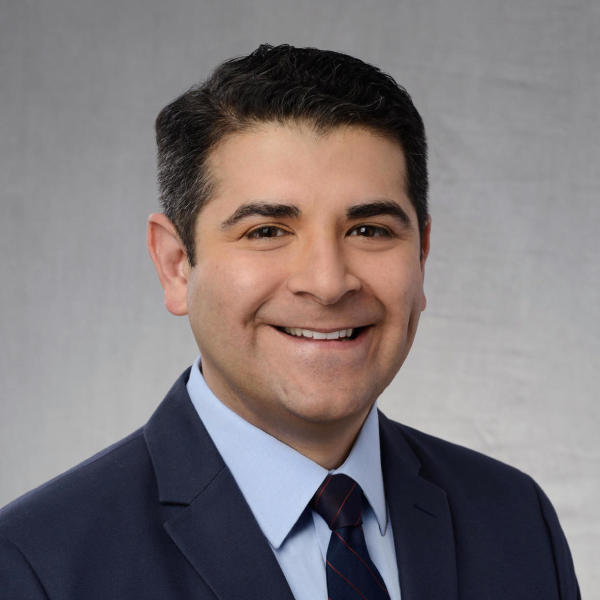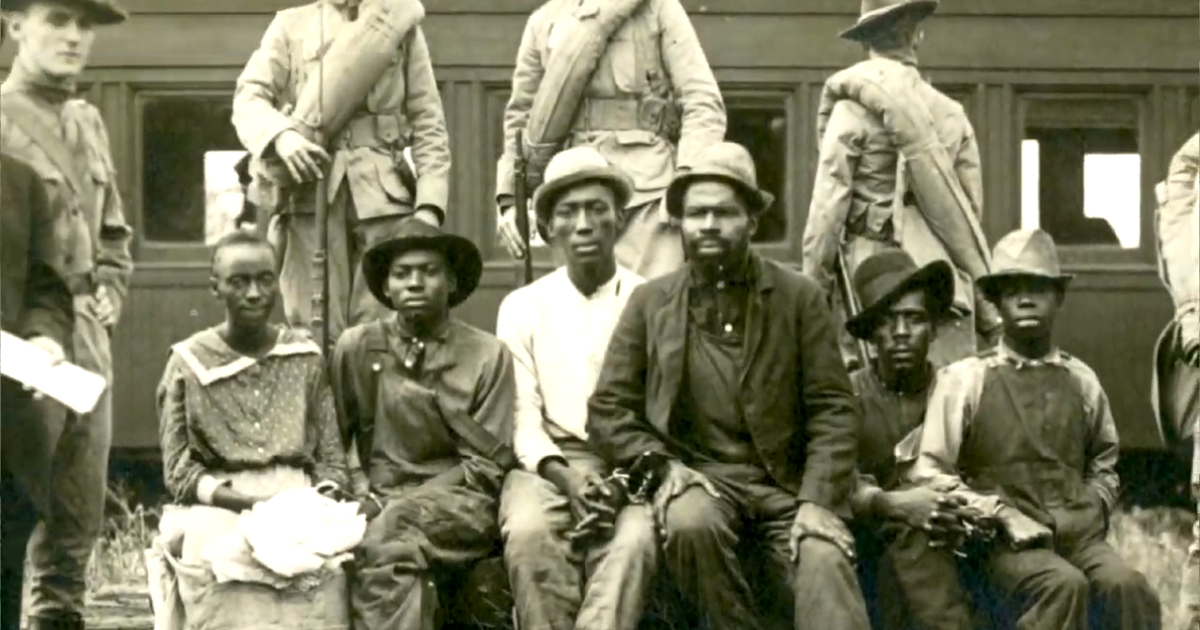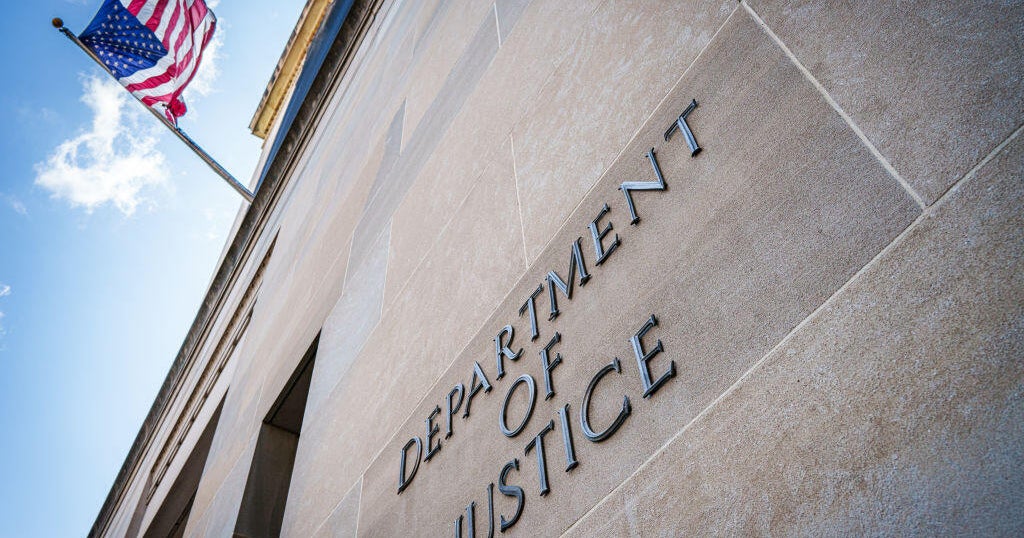Tulsa Race Massacre survivors seek justice in what could be their last chance
The century-long search for justice moved into an Oklahoma courtroom for the last known survivors of the Tulsa Race Massacre.
Viola Fletcher, Hughes Van Ellis and Lessie Benningfield entered court for what could be a last effort to force the city of Tulsa to pay reparations for a massacre of 300 of its Black residents in 1921.
The three, who are all more than 100 years old, were small children who lived in Tulsa's Greenwood neighborhood, which was known as Black Wall Street, a thriving Black community in the middle of the Jim Crow era.
But in 1921, a young Black man was accused of assaulting a White teenage girl. A White mob, including members of the sheriff's department, torched roughly 35 blocks of homes and businesses, killing an estimated 300 Black residents.
Fletcher previously told CBS News that she thinks about the massacre every day.
"It will be something I'll never forget," she said.
No one was ever held accountable for what happened that day. A lawsuit filed by survivors and descendants alleges "the defendants' exploitation of death, destruction and disparities they created ... have resulted in their unjust enrichment at the expense of these communities."
The city argues it should not be forced to pay anything because today's residents had nothing to do with what happened more than a century ago.
A judge ruled partially in favor of the survivors, allowing a trial to take place. No trial date has been set.
"We know what happened 100 years ago, it is time for the city of Tulsa to do what is right and stand on the right side of history," said Tiffany Crutcher, a descendant of a Tulsa riot survivor.




